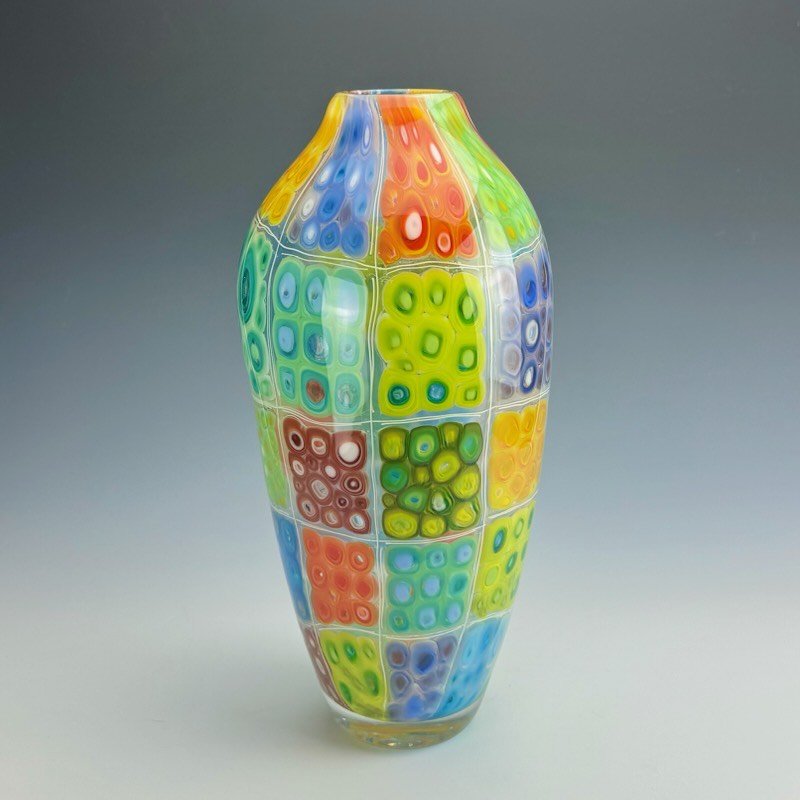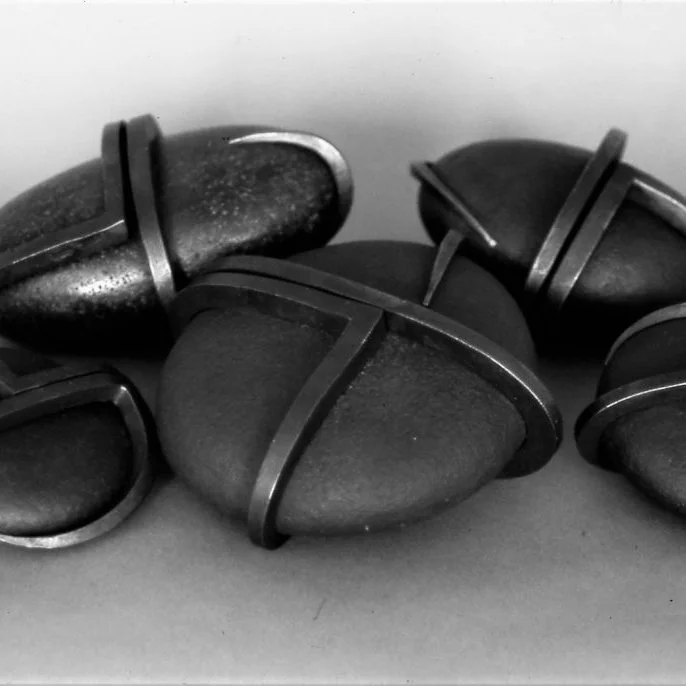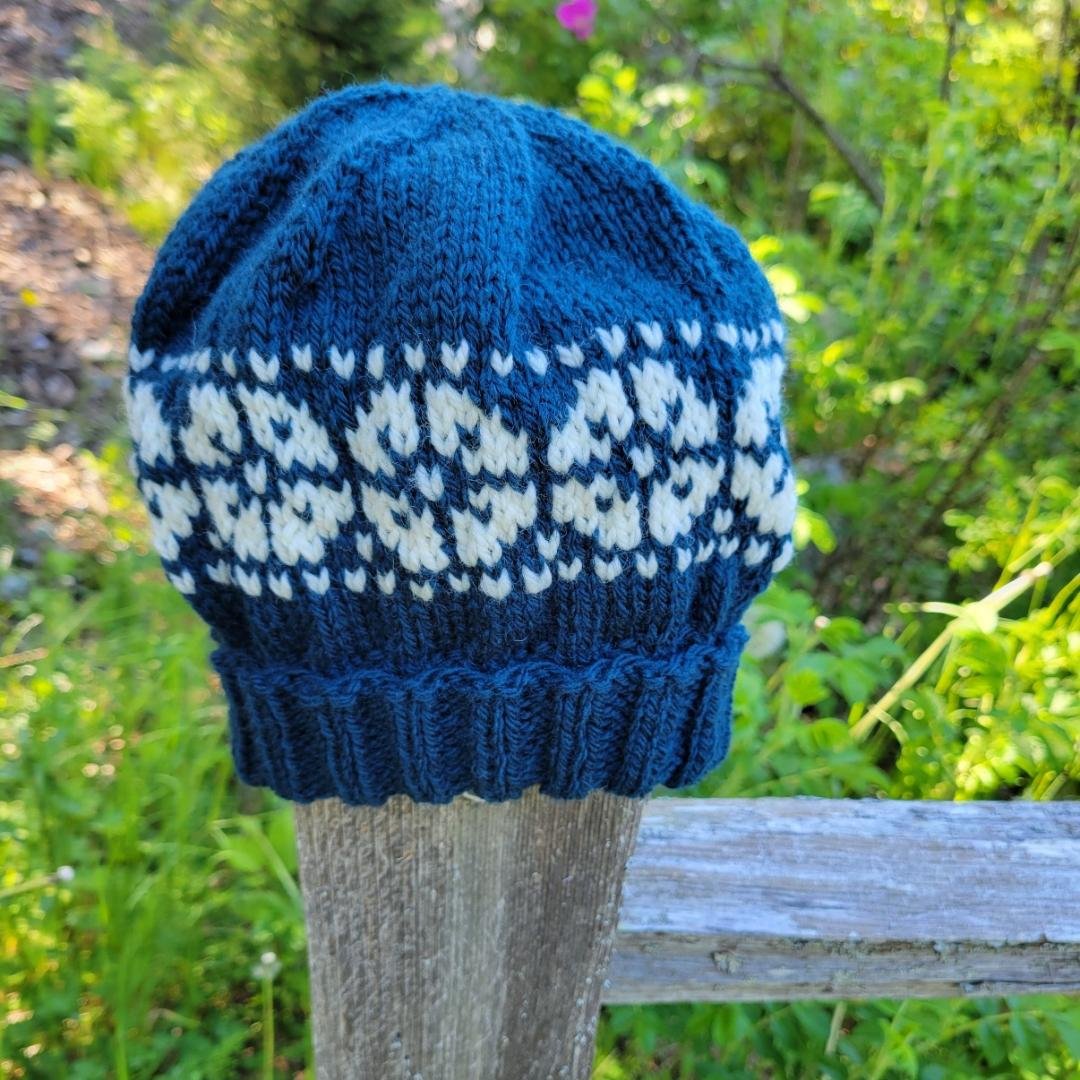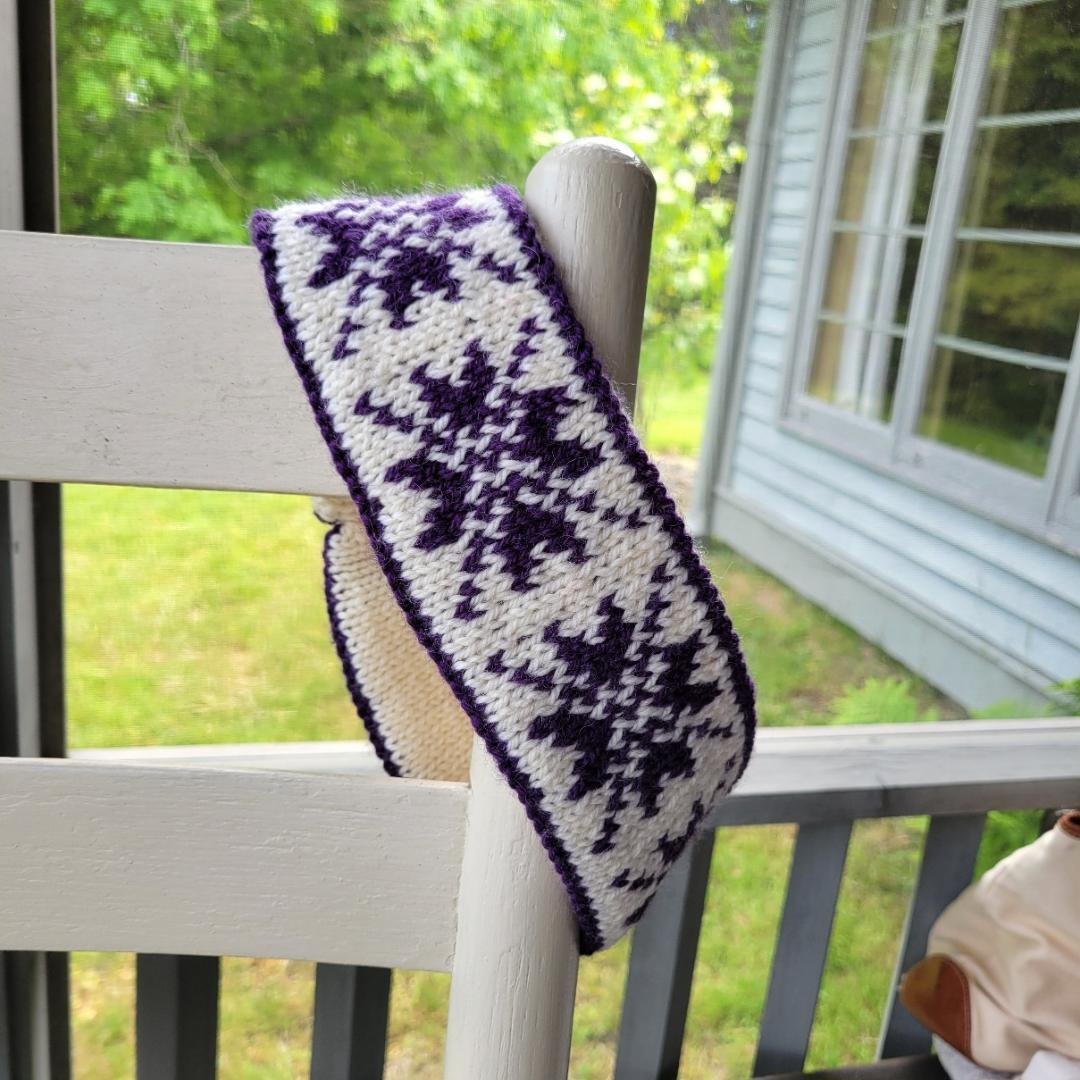
Artisan Market & Community Picnic
2025 Artisan Market & Community Picnic
Saturday, August 16, 2025, 10 am to 5 pm
The Wilson Museum in Castine is excited for our second Artisan Market on August 16, 2025. We will be welcoming artisans who work with a variety of traditional materials and techniques to create original, one-of-a-kind pieces that connect past and present in creative, beautiful ways.
The Wilson Museum has celebrated the creativity and skills of traditional craftspeople and artisans through our collections, exhibits, and programs for more than a century. From the fine craftsmanship reflected in the construction of the Perkins House, to the beautiful textile work of Castine’s spinners and weavers over many generations; from the work of our visiting blacksmiths to African metalsmithing traditions that go back thousands of years; from the beauty of Indigenous pottery from across the Americas to the traditional technologies used by today’s Blue Hill Peninsula potters.
With the Wilson Museum’s Artisan Market, we are excited to promote and support today’s fine artisans and craftspeople on and around the Blue Hill Peninsula and beyond, inspired by our history and our mission. Bringing together a commitment to fostering community and nurturing curiosity, this event will offer learning opportunities that build on our long-standing Hands-On History Days while growing the local economy by supporting artisans, offering local access to these creative makers, and bringing visitors to Castine and the wider Blue Hill Peninsula.
The Artisan Market joins our annual Community Picnic, for the first time featuring local food trucks, along with the always-popular fresh baked bread from our outdoor bake oven. Bring a picnic blanket or your favorite camp chair and enjoy our beautiful view of Castine Harbor and Penobscot Bay while supporting our local artisans!
The 2025 Artisan Market & Community Picnic is made possible in part through the support of:
Maine Office of Tourism’s Maine Communities Grant.
Meet our 2025 Artisans
Anita Kolish, Zodi Brooms
In October of 2019, Anita Kolish went to a workshop at Haystack School of Arts and Crafts on Deer Isle, Maine, where she learned the art of traditional broom making from the master broom-maker himself, Brian Newton, of Broomcorn Johnnies. She makes long brooms, whisk brooms, and an assortment of small brooms and cake testers in her Zodi Brooms workshop in Blue Hill. Anita collects the cherry, ash, birch, beech, oak and maple for her broomsticks in the woods around her home, curing them by the wood stove. The broomstick becomes a broom once it is ready and ends up as a painted broom or natural broom based on the broom maker’s decision.
Brian Frus, Glass Artist
Professor Brian Frus is an artist/educator who has specialized with glass for nearly 30 years. His award-winning work has been in museums and exhibited internationally. His blown glass artwork includes a mix of functional and sculptural pieces inspired by nature. Each hand-crafted glasswork plays with light, color, and transparency. Brian retired from 14 years in academia to become a full-time artist, now based in beautiful Maine. He is an advocate for building, innovating, and integrating arts into communities everywhere. Currently, Frus creates new artwork and teaches glass arts at both Waterfall Arts and Mainely Gallery & Studio in Belfast.
Douglas E. Wilson, Wilson Forge
A frequent guest blacksmith at the Wilson Museum, Doug Wilson creates work which is invested with his vision, sensibilities as a designer, and skill as a craftsman; work based upon his interaction with individuals and their environments. He uses fire, hammer and anvil - ancient processes of hot forging iron and steel – to create architectural, functional, and sculptural pieces in his forge in Little Deer Isle. His pieces are invested with strong visual character of joinery details and surface features impossible to produce by any other methods. For Doug, it is important to get to know his clients and how they will live with the work to inform his designs.
Ellen Foster Sedgwick, Ellen Sedgwick Pottery
Ellen Sedgwick is fascinated by the elements of wood and fire and intrigued with the surfaces that are created. All of her pots are thrown on a treadle wheel and are made with high fire stoneware or porcelain clay. They are woodfired for several days in the woodfire kiln she built on her property in Surry, marked by the flame and ash. Ellen came to Maine from the Chicago area in 1997 to attend college. She has studied and fired with some of the most renowned American woodfire potters, including Jody Johnstone, Randy Johnston, Jack Troy, and Kevin Crowe. Ellen lives in Surry, Maine with her husband and 3 young children.
Jana Markow, Fiber Artist, Pea Pod Market
Jana Markow is a maker that resides in Castine, Maine and has been a self-taught sewist since she was a child. Her heirloom quality wool vegetables are hand-stitched and machine-sewed from wool felt sheets. She designs her own patterns and products and tries to use natural U.S. made materials whenever possible. Jana gains inspiration from an exchange program to Japan as a teenager where she fell in love with Japanese craft and Kawaii (cute) culture. Her whimsical playthings have been featured at The Center for Maine Craft, the Belfast Art Market, and The Capital Regional Visitor’s Center in Montpelier, Vermont.
Karen Lyons, Fiber Artist
When Karen Lyons was 4, her mother caught her playing with her knitting, so decided to teach her to knit. (Karen doesn’t remember being scolded or punished, so she must not have done any significant damage . . .). And she’s never stopped knitting. She has tackled a wide variety of projects: Aran sweaters, hats, mittens, scarves, afghans, shawls, stuffed animals, and more. Many friends’ babies have come home from the hospital in a sweater set she knitted. Most recently, she has traveled to Shetland several times to learn more about Fair Isle knitting, which has become a passion, which is shown in her offerings here.
Peggy O’Neil-Murphy, Fiber Artist
Peggy O’Neil-Murphy has been hand weaving since 2012 and loves to incorporate the colors of the Maine Coast in her creations. Her weavings have been sold for charity events for the Castine Historical Society, the Wilson Museum and the Mary Cushman Society. Peggy’s pieces include table runners, hand towels, placemats, scarves and shawls. She calls Castine home, having moved here with her husband Walt in 2018 following their retirement.
Alyssa Radcliff, Tangle Syx, Clothing
Alyssa creates women's clothing and accessories with a rustic yet refined aesthetic at her slow fashion workshop in Blue Hill. Though she began sewing at age 8, it wasn't until her late 20s that she discovered her passion for clothing design. Self-taught and inspired by sustainability, Alyssa specializes in bias-cut linen garments that fit and flatter every body. All pieces are designed, cut and machine-sewn in her Blue Hill studio, with accessories crafted from scraps to minimize waste. Believing that makers should also be menders, she offers alterations and repairs alongside her original designs.
Robyn Lorio, Robyn Rae Leather
Robyn Rae Leather offers a variety of hand-crafted leather goods including tote bags, purses, wallets and more. Each piece is designed with a simple, elegant style and is made for function and durability. Inspired to work with leather after taking a shoemaking class in Chicago, Robyn has been honing her craft since 2018. All products are cut and stitched by hand, without the use of machines, in Blue Hill, Maine.
Ruth Van Doren, Book and Fiber Artist
Ruth started weaving in the 1960s with Lily Hoffman at the League of New Hampshire Craftsmen. Subsequently, she set up her own studio and created custom clothing and tapestry rugs in Ann Arbor, Michigan and Lee, New Hampshire. Ruth taught fiber at Haystack Mountain School of Crafts in Deer Isle.
Ruth’s tapestries have been exhibited and are in the collections of the Cranbrook Museum, deCordova Museum, Government Center, Bank of Boston, Deer Isle Art Association and Centennial House. She has a studio in her home at 98 Bagaduce Lane in Sedgwick.
Lansing Wagner, Ceramics
I made pots for ~ 30 years at the Harvard Ceramics Studio. Usually 6 hours a week in their amazing facility. I have done some scientific illustration and enjoy designing pots with creatures on them. Big bowls are my favorite, they are useful and provide a large canvas to draw on. I've retired and am continuing work in my home studio in East Blue Hill.



































